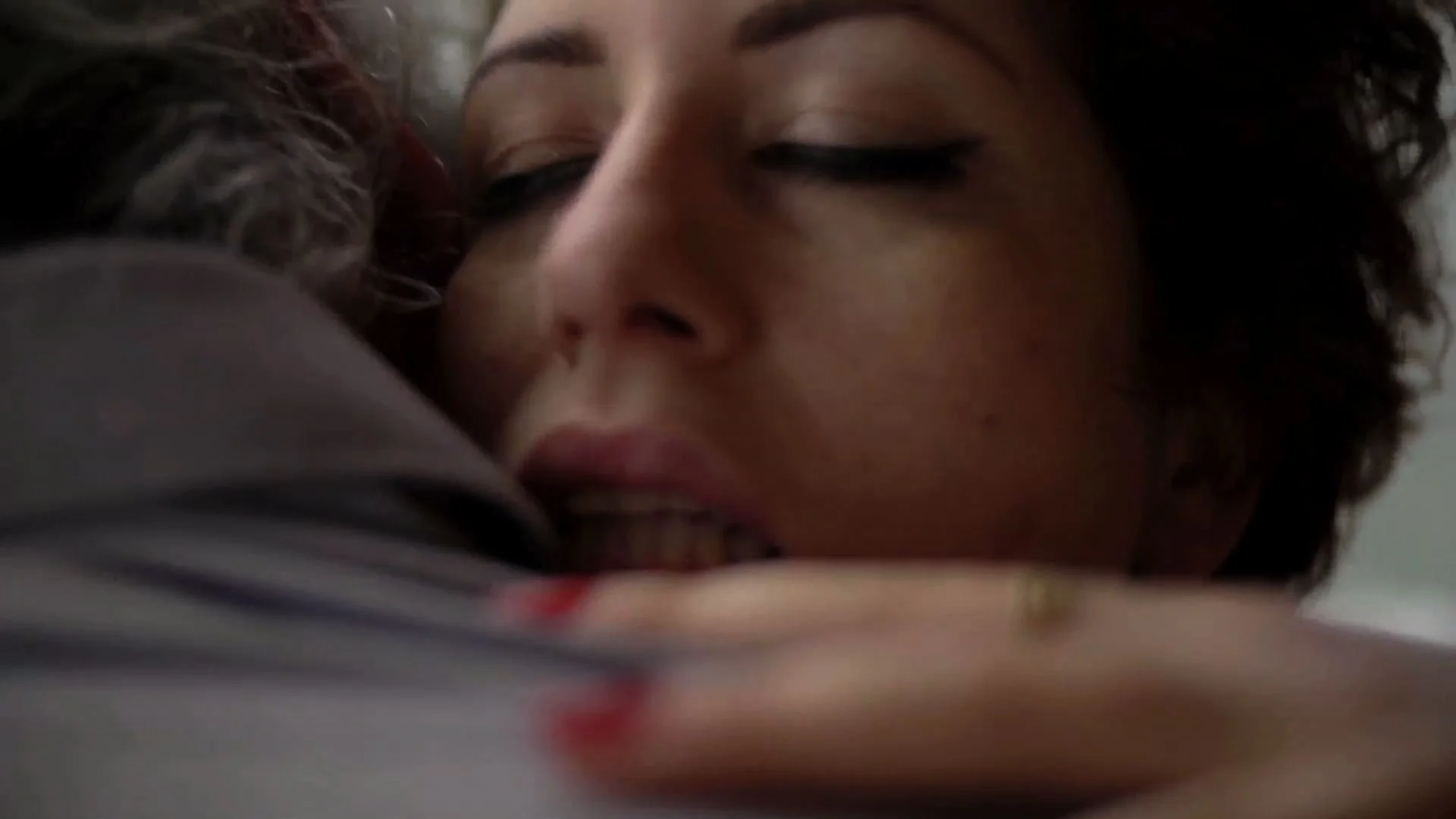27
To pass through one's 27th year is to become an "adult."
James English Leary, a 27 year old artist and member of Bruce High Quality Foundation invites artist filmmaker, Marc Lafia to his studio to talk. The filmmaker constructs a series of narratives to amplify James's fears and ecstasies. He juxtaposes the artist life with a multiplicity of characters including a teen poet, an intellectual young woman with whom he's in love, Tzuan, a Taiwanese student perplexed by translation and Alejandro, a theater director making his own film with James melding Shakespeare and surrealism.
Documentary, fiction, biography, portraiture, enactment, performance and social sculpture: 27 follows the interwoven lives of 7 people from ages 13 to 54 creating a joyous and complex portrait of an artist, a group of actors and a filmmaker all who share desires to be free, to love, and to be loved.
The film continues an investigation into Marc Lafia's cinema of becoming and puts forward new approaches to recording, authorship and narrative structure delivering a cinema where all things touch in dreams, in algorithms, in a kiss mapped into any number of vectors and correlations. 27 is a geography of love, death, ambition, euphoria, effusion and desire.
REVIEWS / ESSAYS
'Marc Lafia’s 27 is enlightened and emotionally arousing. For the intellectual, watching this film is like taking a big, juicy bite out of a cognitive steak. You will want a second helping.
It will leave you in an introspective and engaging state of mind to analyze and reflect on your relationships, much like the subjects themselves.
We are only human, after all. Which makes us all sewn from the same, fragile cloth in “some nowhere, somewhere, everywhere space”. This is cinematic art!'
Bernadette Lords, ThoughtCatalog
Marc Lafia's '27' is a film that not only thinks, reflects and invents, but also gives its characters a chance to do the same. It is hybrid between documentary and fiction. But it seems to be too simple a description for this multilayer work. Maybe a better way to describe it is to say that it is a documentary about fictionalization. The filmmaker starts by interviewing James Leary, a young artist who reflects on his art, and the contemporary art world. Soon after, his reflections ignite the filmmaker to create parallel storylines that multiply, intersect and converge at times with one another. The film becomes a game where people can press a magic button and start making their own films. The film follows the making of these other films. The actors and the director himself can be themselves, they can be a character, and they can switch characters if they want to. The world around these characters is created for them so they can tell stories that become a reality in front of the camera. I imagine that the camera is trying to uncover and discover the essence of these subjects, including its director. Perhaps this film is trying to say that in a contemporary setting, the world around us is no longer there to be discovered, it is there to be reinvented. In this realm the self can become something that is ever changing.
Lior Rosenfeld, Producer
"You have a knack for finding those who are gifted, and to allow them to shine. When I was reading Gurdieff, many many years ago, one of the things that really stuck with me was this notion that at any given moment on earth there are only ten truly enlightened people. Well, this young male artist that you feature is such a find for that type of reason. He evokes what one might imagine in a very well educated Baudelaire or Courbet, a young idealistic thinking man in his full bloom of life, one of those creatures that humanity can pride itself in calling itself humanity for, with all the stars shining on him"
Magdalena Rangel, Artist
“Like a metaphysical riddle a Rubik's cube of emotions that I'm still processing a paradoxical tirade into paranoid schizophrenia that I'm deeply projecting.”
Christian Meliu, Producer, Media Voltaire
“...an amazing generational study... film as a platform in the age of social media...the event of recording, making cinema, making sense...”
Chiara Bottici, philosopher and author































































